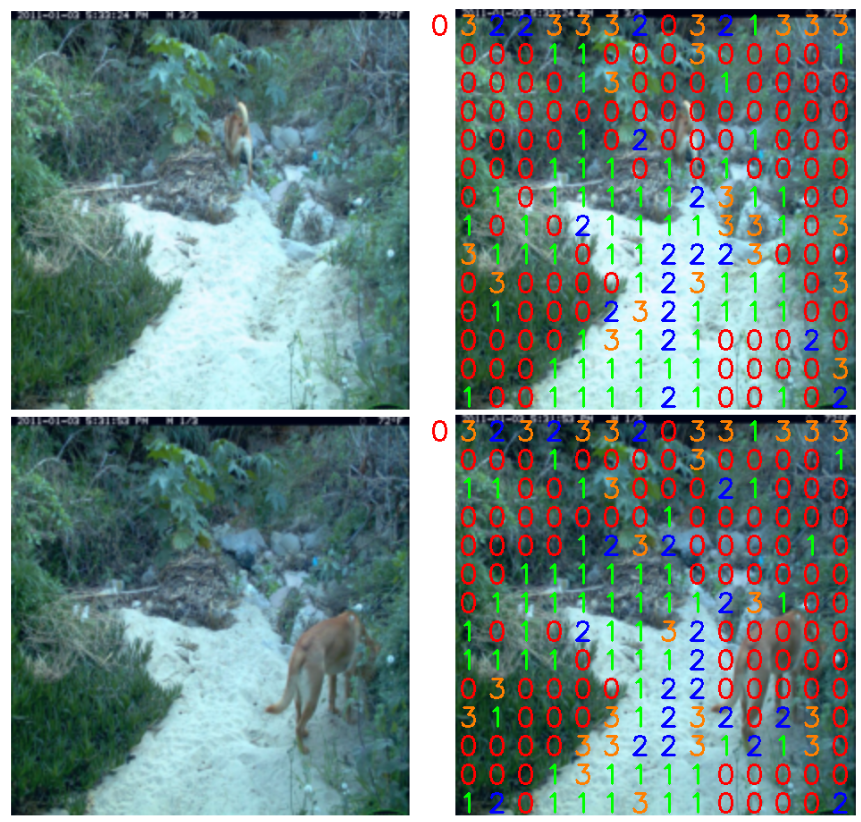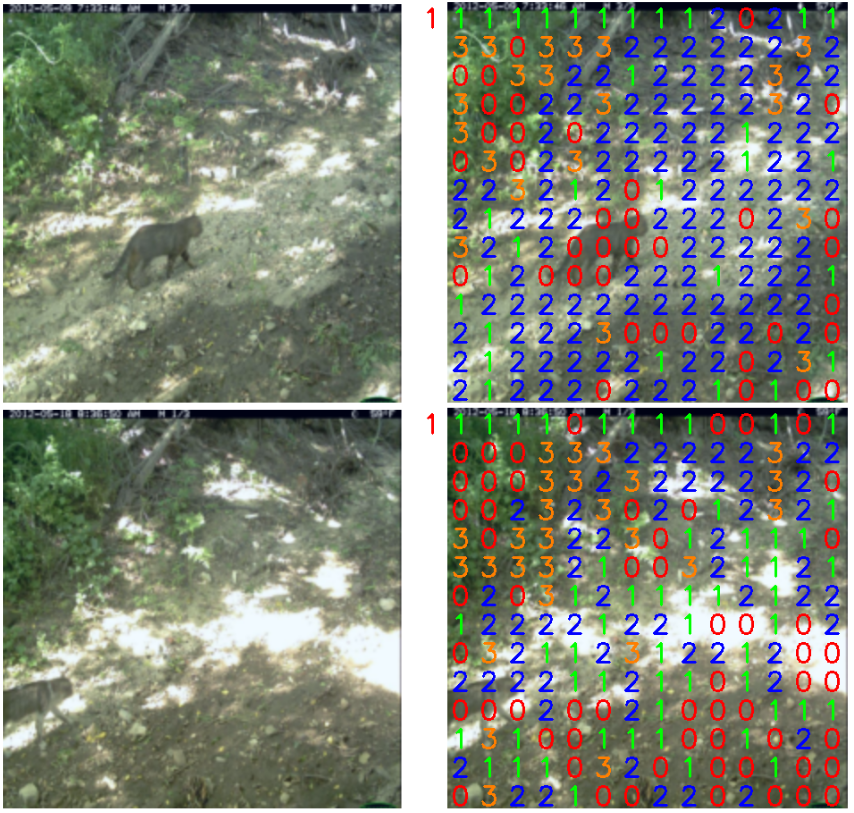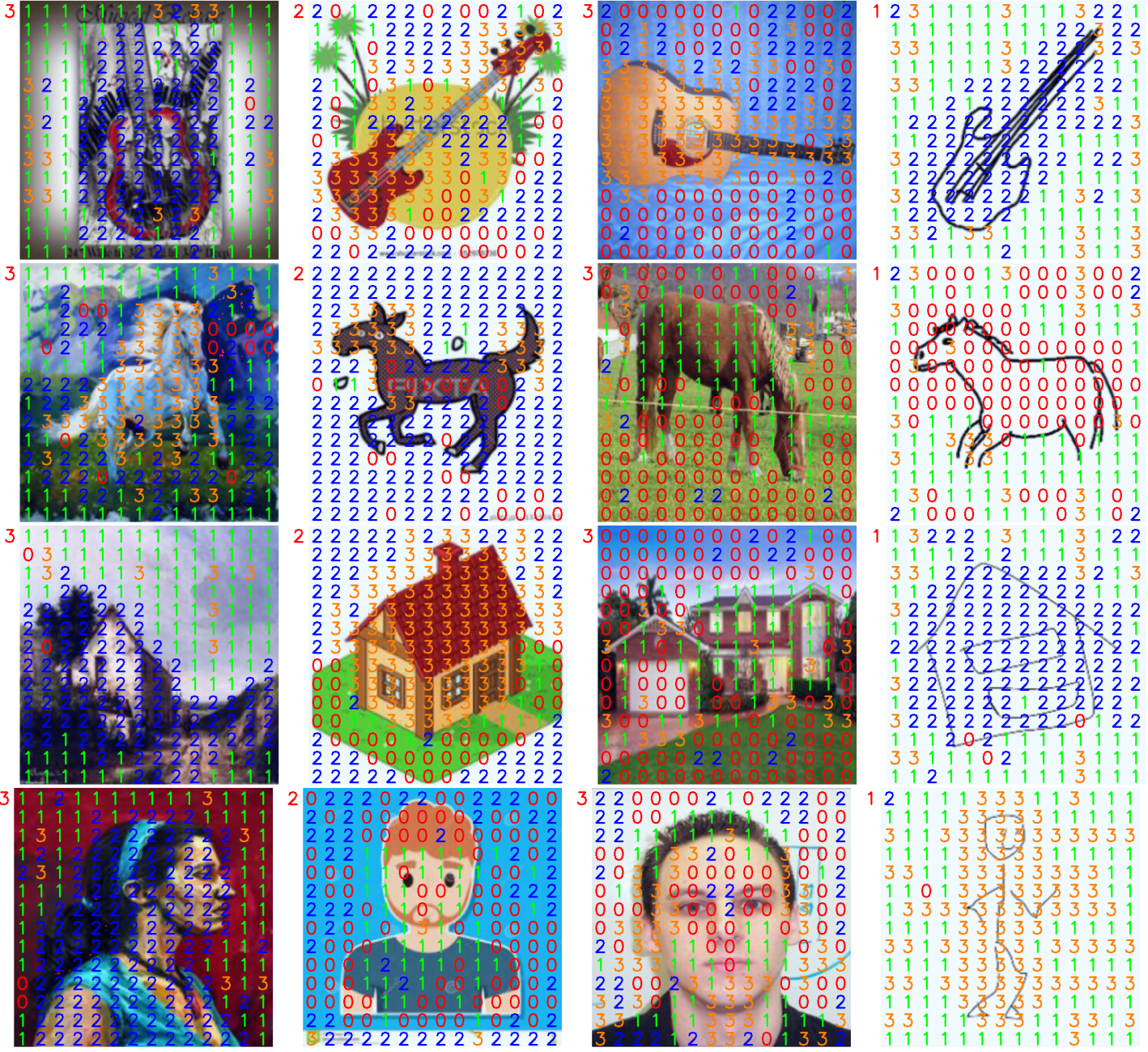Learning a robust vision model despite large distribution shift is essential for model deployment in real-world settings. Especially, domain generalization (DG) algorithm aims to maintain the performance of a trained model on different distributions which were not seen during training. One of the most effective methods has been leveraging the already learned rich knowledge of large pretrained models. However, naively fine-tuning large models to DG tasks is often practically infeasible due to memory limitations, extensive time requirements for training, and the risk of learned knowledge deterioration. Recently, parameter-efficient fine-tuning (PEFT) methods have been proposed to reduce the high computational cost during training and efficiently adapt large models to downstream tasks. In this work, for the first time, we find that the use of adapters in PEFT methods not only reduce high computational cost during training but also serve as an effective regularizer for DG tasks. Surprisingly, a naive adapter implementation for large models achieve superior performance on common datasets. However, in situations of large distribution shifts, additional factors such as optimal amount of regularization due to the strength of distribution shifts should be considered for a sophisticated adapter implementation. To address this, we propose a mixture-of-expert based adapter fine-tuning method, dubbed as mixture-of-adapters (MoA). Specifically, we employ multiple adapters that have varying capacities, and by using learnable routers, we allocate each token to a proper adapter. By using both PEFT and MoA methods, we effectively alleviate the performance deterioration caused by distribution shifts and achieve state-of-the-art performance on diverse DG benchmarks.






